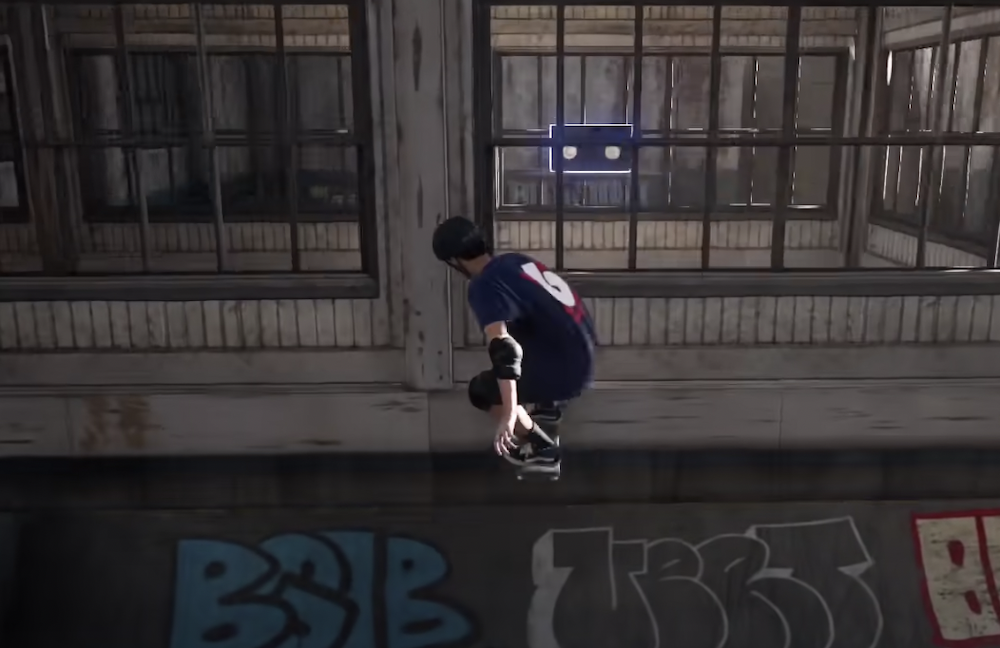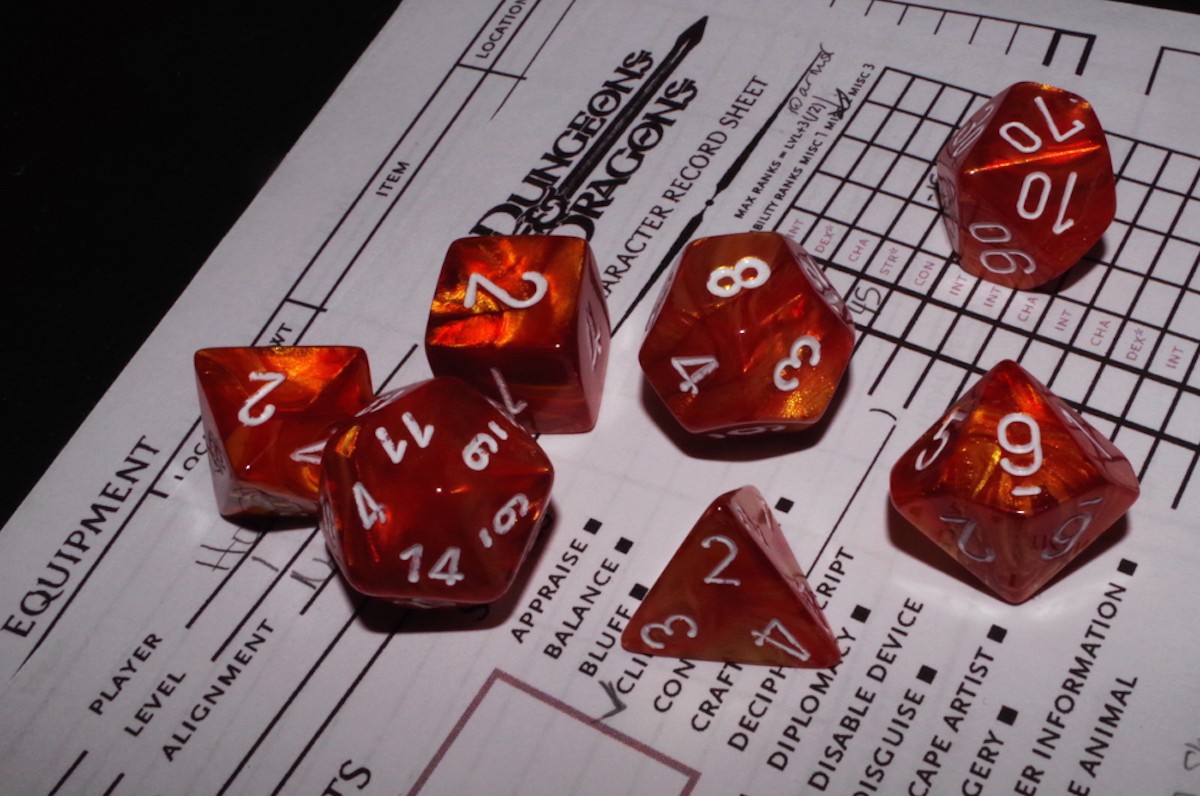Interviews
The Field of Dreams Approach: On Writing About Video Games
Tony Tulathimutte on the future of video game criticism
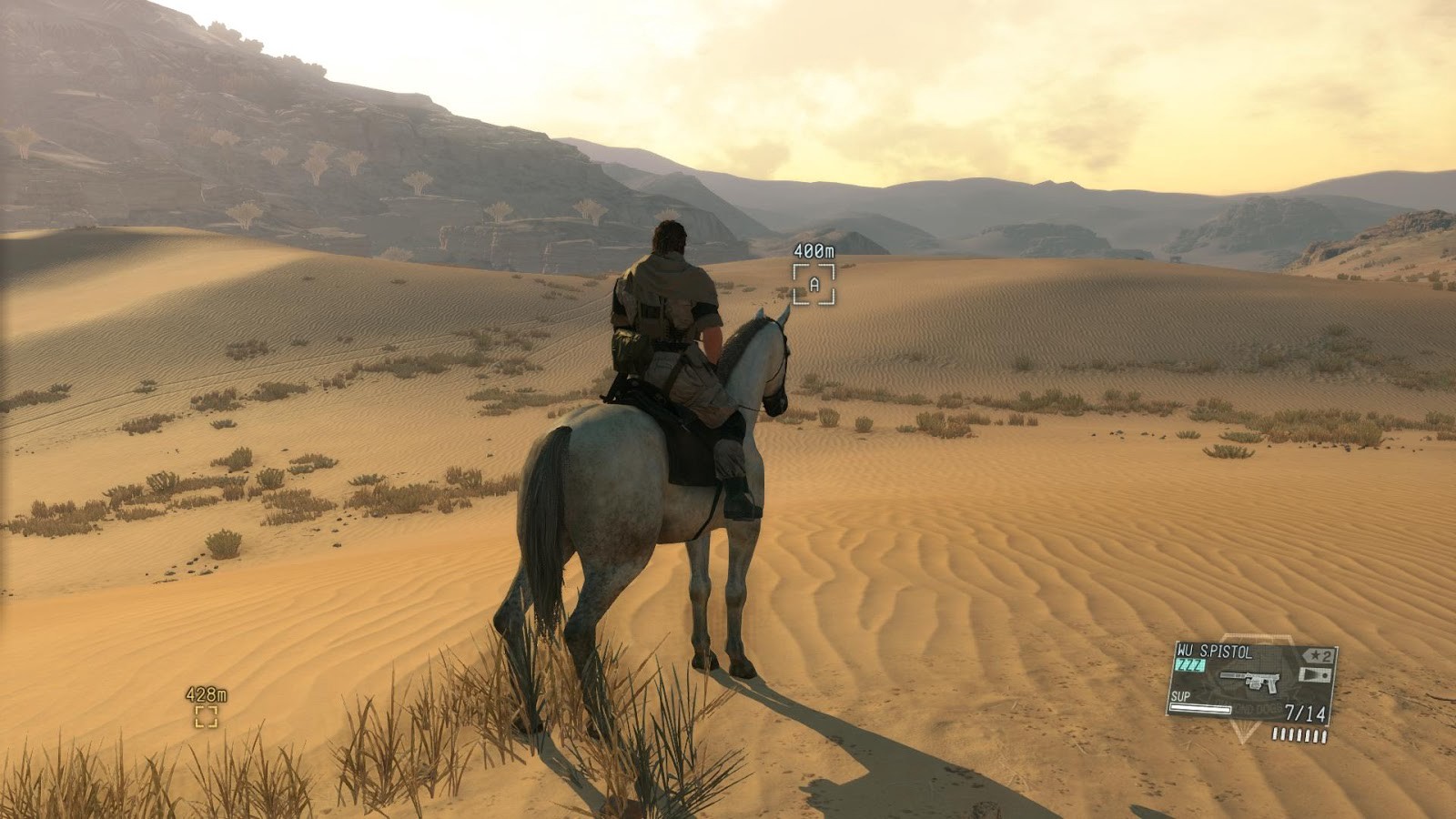
Every year, more and more great essays are published on literary sites concerning video games. In the past year I’ve especially loved entries like Janet Frishberg’s “On Playing Games, Productivity, and Right Livelihood,” Joseph Spece’s “A Harvest of Ice,” and Adam Fleming Petty’s “The Spatial Poetics of Nintendo: Architecture, Dennis Cooper, and Video Games.” But for each great essay there are a handful of others written like apologies, seemingly perennial pleas to take video games seriously as a form of meaningful narrative.
I hoped to have a conversation with a writer about games that went a little deeper. There were two main reasons I turned to the Whiting Award-winning writer Tony Tulathimutte. The first was because of his response in an interview with Playboy, in which he said that his interest in gaming probably “had something to do with my desire to bend or break formal conventions in fiction.” The second was his three thousand word essay about Clash of Clans, “Clash Rules Everything Around Me,” which was exactly the type of essay about gaming I wanted to see more of. Tulathimutte is the author of Private Citizens, which we listed as one of the 25 best novels of 2016.
What I want is long-form literary criticism. But writers should just write what they want to read. The body of work will be there and the audience will follow it. The ‘Field of Dreams’ approach.
Graham Oliver: Can we have this conversation without getting stuck trying to legitimize video games as a medium?
Tony Tulathimutte: “Are video games art?” “Have we had the video game Citizen Kane yet?”
GO: That’s such a boring and overdone conversation. I think it’s more interesting to look at the ways in which video games actually do interact with literature, and not to hold the conversation just as a demonstration of our respect.
TT: Take the respect for granted and go from there. I thought about starting a literary magazine about video games a while back, but the discourse had by then become so toxic that, even with the most anodyne academic essay you could write, the best you could hope for was that it would be ignored. There needs to be more space for this kind of writing, but I just didn’t want to wade into it then. I feel a little better about it now, which is why I did the Clash of Clans essay.
GO: What is the difference between video game-related essays showing up on a literary site, versus a site where the primary purpose is the intersection of video games and literature? What could that site do that can’t be done (or isn’t being done) otherwise?
TT: Part of it is just volume. You can’t have a general interest magazine like the New Yorker covering video games to the same depth or degree as it does film or music or even theater. Every big magazine at this point covers video games occasionally — I know the New Yorker has written about Minecraft and No Man’s Sky, for instance. New York Magazine just did a big essay on gaming more broadly.
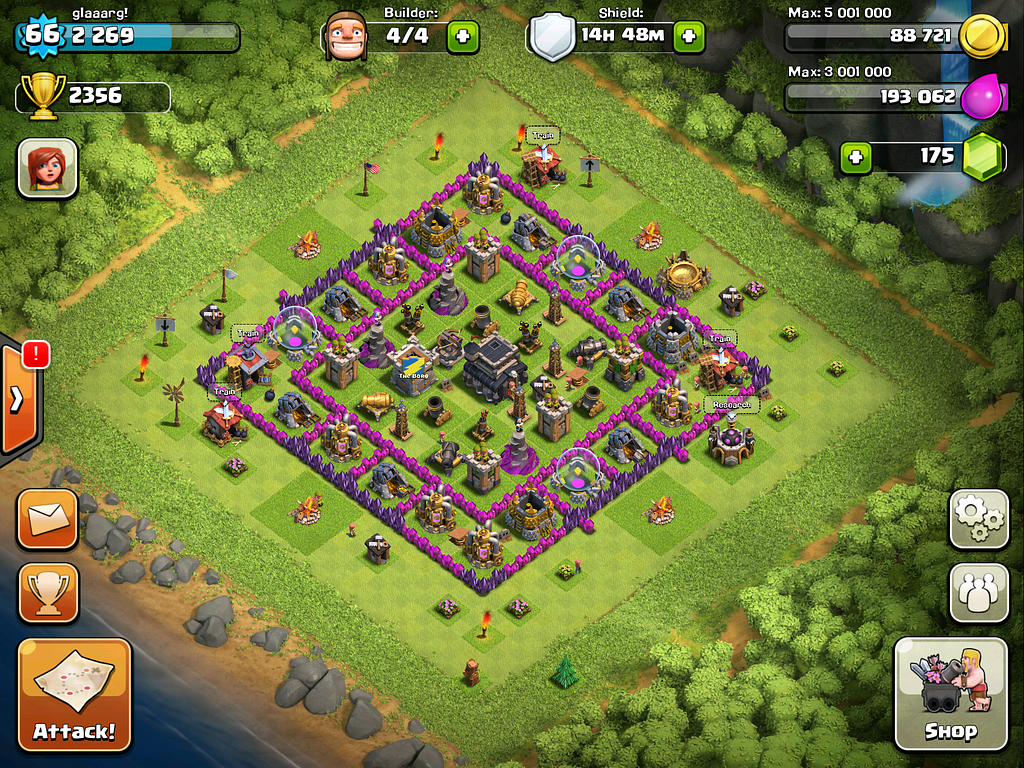
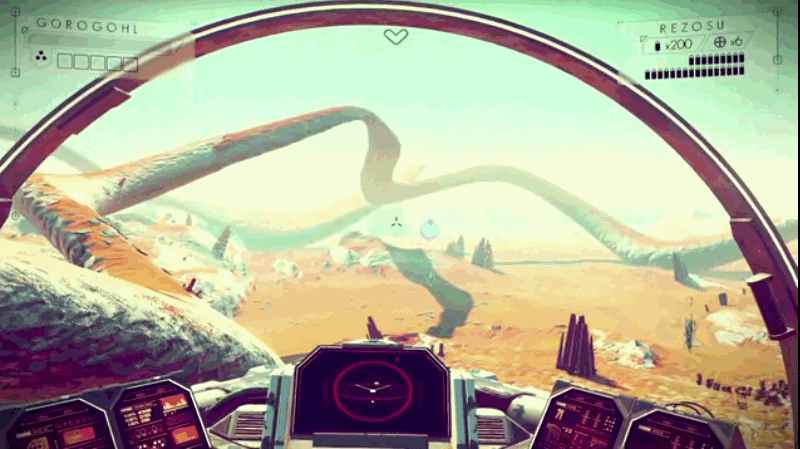
But for some reason, there’s no video game editor at the New Yorker, no dedicated departments or verticals, except at newer places like VICE, Vox, The Verge. Unlike music or movies, video games aren’t equally distributed through the culture; it’s more compartmentalized. This owes in part to a marketing apparatus around games that caters to and fosters a specific audience, and because the audience for certain genres — responding to these pressures — became self-selecting, especially with respect to gender. Video games may be art, but they are also a STEM [Science, Technology, Engineering, and Mathematics] industry, which makes them no different from any other STEM field in that regard.
GO: It’s a question of access. I was thinking about your Clash essay; you have this entire paragraph that has to explain this massively popular and mechanically fairly simple game. Does that automatically turn off an audience who are already proficient in those basics? In which case, are you only writing for people who don’t game? I suppose that’s another conundrum of coverage in a general interest publication…
TT: If you read an essay by Susan Sontag or Martin Amis about the great books, or by André Bazin about film, they can assume a certain level of knowledge about the text or film from their audience. I can write that way about games on my own time and my own dime, but there’s no presumed canon or general readership for games, because they’re not taught in schools and not regularly discussed in big publications. So you either write for the diehards — the equivalent of film buffs or bookworms — or for novices.
GO: Is that why we haven’t had novels which interact with video games the way David Foster Wallace did with tennis, or Ann Patchett with opera? Neither of their books included explanatory paragraphs; it’s so ingrained in our culture that it seems almost impossible to have grown up without some idea of what tennis or opera are.
TT: Most people have played a game, and the average gamer spends six hours a week playing them. I think it has less to do with the medium inherently than just the failure of writers who have approached the subject. I haven’t read everything on games, but so far, the fledgling efforts have been too literal or kind of corny. Some writers seem to think that you’re supposed to transpose the form of games into fiction — to provide this very lightly remediated experience of reading a book so that it feels like you’re playing a game.
The last thing you want to do is create a watered-down experience of gaming in a text. A book should still work as a book. It’s the usual difficulty of writing about other mediums; there’s that old chestnut that writing about music is like dancing about architecture. But there are special considerations for how to write about any form in a way that conveys deep presence and vividness comparable to the experience itself.
GO: When you’re writing about games in one form or another, do you find you prefer to write for someone who is like you — very interested in both writing and video games — or is your preference for someone in that liminal space somewhere between them?
TT: I approach it as I do with all my creative writing, which is to write for the audience of Tony. That frees to me to write things irrespective of their publishability. Right now I’m working on a long essay about Metal Gear Solid — the whole series. That’s between ten and twenty games, depending on which ones you call canon. The dialogue alone stacks up to something like sixty thousand words each. And the companion synopsis is almost three thousand words. I’m just trying to make points about the series that haven’t been made before. Would Kill Screen or The New York Review of Books ever run that? Hell to the fuck no.
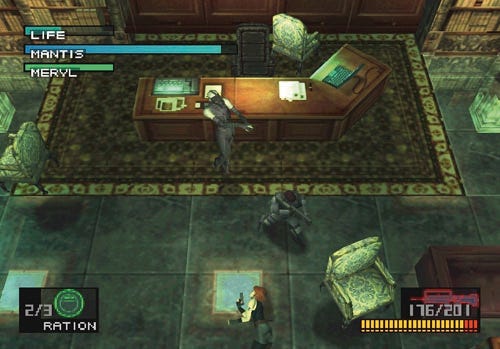
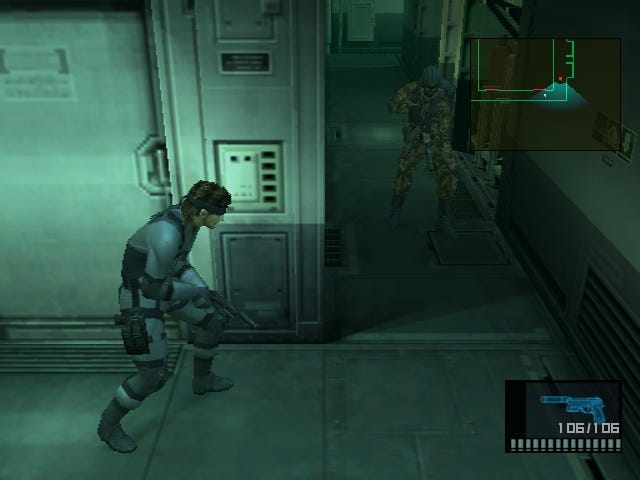
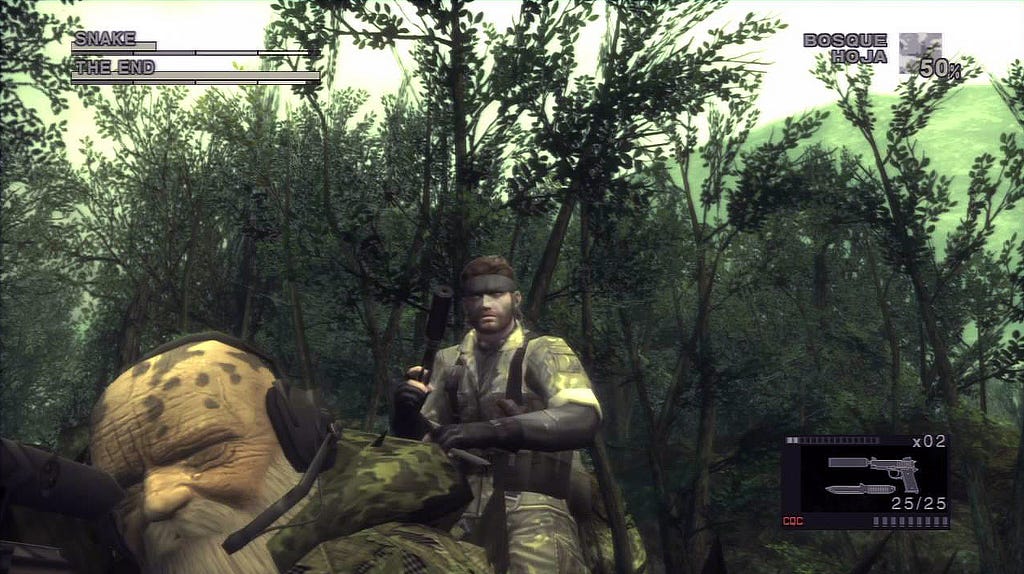
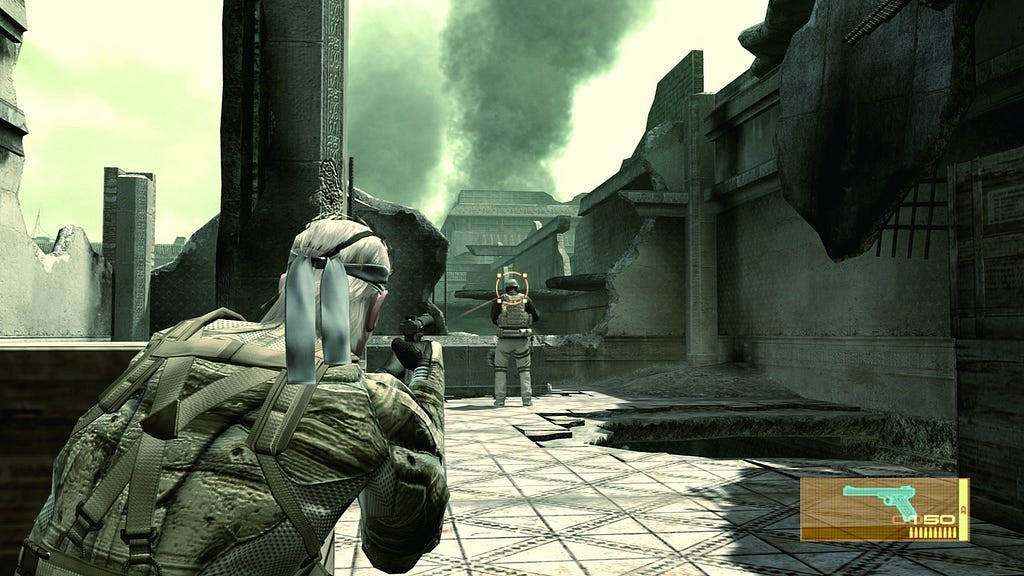
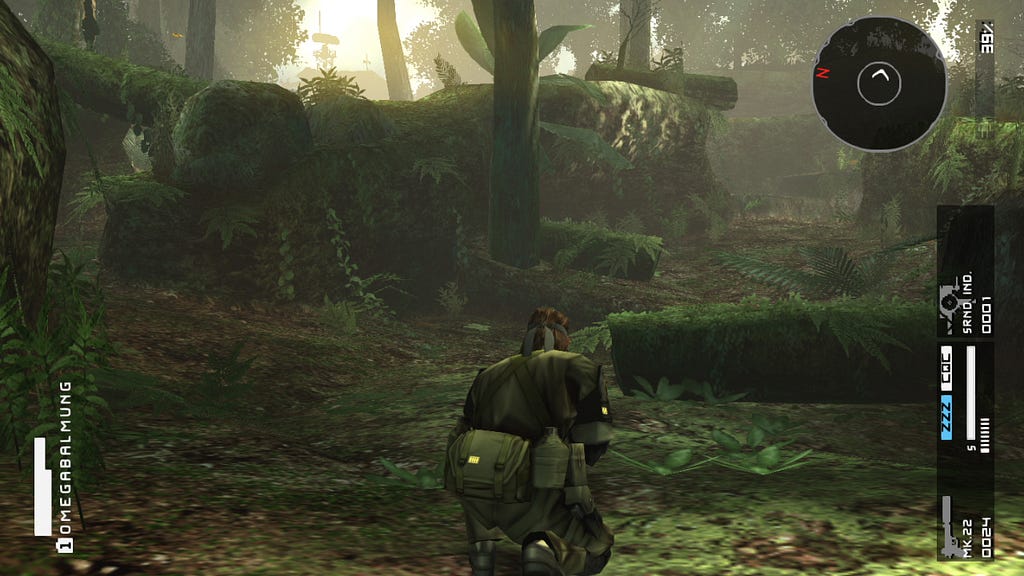
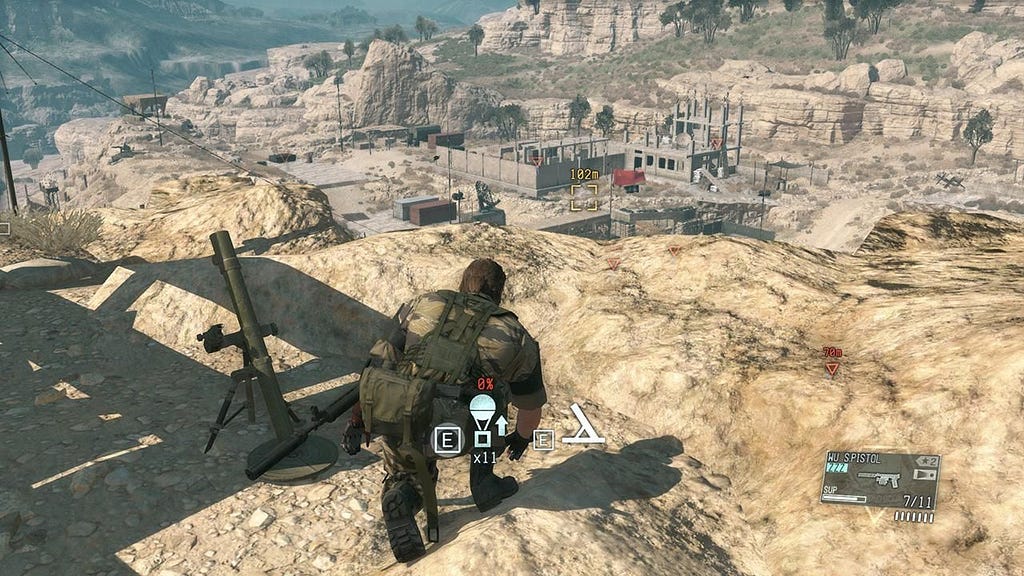
If writers keep doing this, eventually there will be a readership equipped to deal with it. For the longest time there have been really smart people playing video games and wondering where all the good criticism was. It’s a discoverability issue, to a certain extent. There’s so much good writing out there about games, but most games-writing outlets cater to fairly niche perspectives. Action Button is extremely good, irreverent creative criticism, probably my favorite. Five Out of Ten is academically oriented, Kill Screen is mainstream journalism. What I want is long-form literary criticism. But writers should just write what they want to read. The body of work will be there and the audience will follow it. The Field of Dreams approach.
GO: You said earlier (and you’ve also mentioned it in your Playboy interview) that the discourse around games is toxic and partisan. Are you talking about within or outside of the gaming community?
TT: All of it. Partisan lines have been drawn within it for purposes far beyond aesthetic disagreement. In part because so much of this discourse occurs in a medium where people are not held accountable for their words, i.e. on the internet.
GO: How does that compare to conversations within the literary community? You’ve written before, for instance, about the MFA vs. NYC debate.
TT: I want to do my part to de-estrange gaming discourse. Not de-stigmatize or demystify, but de-estrange. This cancerous shit happens everywhere — it just happens in a spectacularly aggressive and organized way in gaming.
GO: When you’re not actually writing about video games, what place do they hold in your life? Are they the stress relief at the end of the day, the reward after two hours of writing? Or something you try to avoid when you’re in the middle of a big project?
TT: I’ve played video games since I was three years old. I have loved video games a lot longer than I’ve loved literature — which is not to say more. Actually… yeah, probably more. It just so happens that I’m a writer. I don’t feel the guilt that some people do who, even if they enjoy gaming, approach it feeling as if it’s a waste of time, or a form of entertainment which takes them away from their “real life.” You wouldn’t condemn a cineaste or a lover of literature. But a fug of non-respectability still attends video games.
That said, the reward mechanisms in most games are designed to get you hooked in cognitive motivational ways that don’t apply to most literature. So it’s absolutely possible for games to displace other things that you would want to do just as much. I don’t struggle to fit them into my life, but I probably would, if my life consisted of much more than just teaching and writing.
GO: I suppose I was thinking more about the effect on your mental state. For instance, I have to save video games for the end of the day, because I have a hard time going from the almost meditative state of game-playing into writing. How does it fit in, not in the sense of time but in how it interacts with your ability to produce writing afterwards?
TT: If a visual narrative enters my head before I start writing, it’s enormously difficult to pull myself back into writing. A huge amount of psychic inertia has to be overcome to transition from consuming a narrative to assembling one. I have a lot of wacko bird theories as to why. Perhaps language is such an information-poor medium that it demands a sparseness of input, so that you can have room to envision or create new stuff in your head. Maybe the act of viewing, which puts you in the posture of evaluation and judgment, beefs up the inner critic that makes it hard to write. That’s all pure superstition, I have nothing to base that on.
GO: What about when it comes to the type of video game? You’ve mentioned playing DotA 2 in other interviews, which is very different from more narrative-heavy single player games. In the middle of a big writing project, do you find yourself drawn more to one type of game over another?
TT: With the caveat that writers are the worst self-appraisers, I’ll say that I have not noticed any influence from the type of games I’m playing on what I write. I think games engage an entirely different part of my brain, which might also account for the difficulty I have toggling between those two modes. That said, I think longer games can work like long books — immersively — where you have to pinch your nose and take a deep breath before plunging into the Neapolitan books and it just becomes the medium you swim in for months. Some games demand a higher or more frequent degree of engagement to get any kind of nuance at all. You can play a thousand hours of DotA 2, without coming anywhere near understanding it.
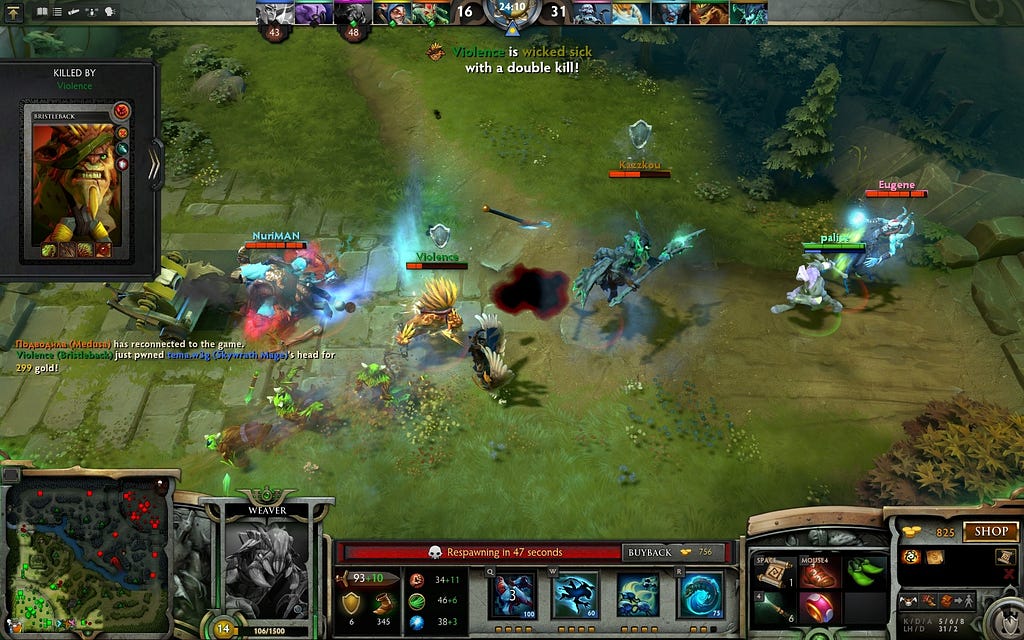
GO: How does that compare to the relationship between reading and your own work? Do you avoid other people’s writing when working, or do you keep books on your desk for the sake of referencing them?
TT: I do. I try to keep a messy puddle of books around my work area, in case I want to steal something from somebody else. But I Google as much as I refer to other books. I don’t disconnect from the internet when I’m writing, like some writers who have this almost mystical anathema against technology. I generally find I benefit from my procrastination.
You can have a rom-com game, a campus game, an adultery game, or a boring-but-important game that will get taught in high schools circa 2110.
GO: You referred to language as being information-poor a minute ago, which reminds me of the AGNI essay you wrote on boredom. The thesis of that essay was basically that boredom in literature is okay. Can you also apply that idea to video games? Can there be meaningful or productive boredom while playing, through the act of repetition, for instance? I just played Her Story, which I know you enjoyed, and while it has a super interesting story you have to slog through a certain amount of repetition to get to it.
TT: The democratization of game creation is producing a wider range of games, like the Super 8 camera did with film. You can have vignette-style games like Nina Freeman’s — Cibele, how do you Do It?, Freshman Year, etc. You can have “walking simulators” that are almost purely meditative, like Gone Home, Firewatch, or Dear Esther. I just saw a piece on a game based on Thoreau’s Walden.
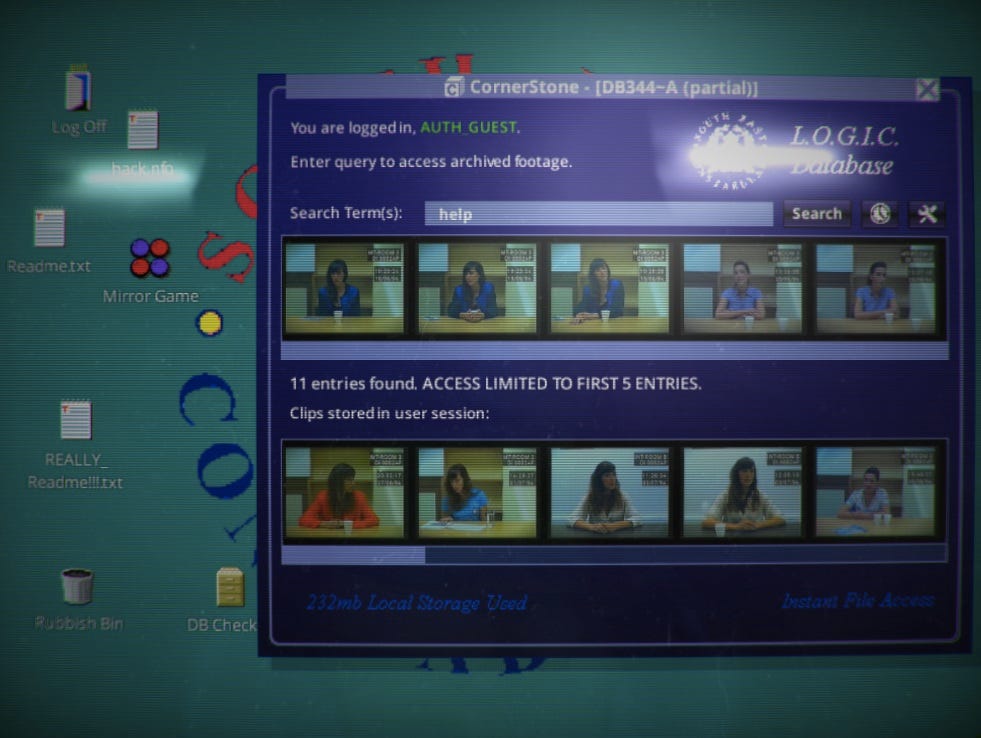
The impulses and tendencies that make people want to create literature are present. It will happen more as people are able to do what they want to do, without enormous corporate financial support or even crowdfunding, which, to an extent, just moves the bottom line to having to be crowd-pleasing. Games can be plenty boring in spite of themselves, even if that’s not what they’re trying to do. It’s a cliché by now to point out that the most time investment-heavy games like World of Warcraft consist largely of “grinding.” Or, if you play something like DotA 2, queuing for a game.
GO: For DotA 2 you also have to spend a lot of time reading up on viable builds. Work that’s not in actually playing the game.
TT: Yes, although I will say that that intellectual work doesn’t feel like tedious labor to me. I have fun looking up builds. The deep strategy and understanding are coextensive with the pleasure of playing the game.
Moments of boredom are built into games for reasons that range from comedy to suspense. I think a lot about the moment in Final Fantasy VI where you’re directed to just wait at the edge of a floating continent for a character to come along. On the one hand you’re sitting watching a clock tick down. On the other hand, it’s extremely tense.
Contrasting aesthetic effects in games to those in other media is not always productive, because it’s like playing Twenty Questions. Can games do X like books? Can games do Y like films? In the same way we should assume games are art, and that there’s an audience out there hungry to make something of them, we should assume that games can do anything. You can have a rom-com game, a campus game, an adultery game, or a boring-but-important game that will get taught in high schools circa 2110.
GO: I go to these academic conferences where a similar conversation is happening among professors who write in the field of gaming studies. Some bring in literary and film theory, and try to lay that on top of video games, while others reject that. The tools and the language are already there from other fields, so it seems easy. On the other hand, it can be kind of reductive, and perhaps prevents you from having the more meaningful conversation.
TT: Right, or even just the conversation you’re trying to have. There are also those efforts to create a language around game studies, partly I think try to legitimatize it in the eyes of the academy. You get people going on about the Ludologists versus the Narratologists, about ludonarrative dissonance, copping these quasi-academic terms. I can see the point of systematizing things, but my favorite criticism helps you not to just describe and understand, but to enjoy stuff more.
GO: How much do you worry about the effect that being an “out” gamer will have on your literary career?
TT: If I were bashful or coy about my love of video games I wouldn’t do this interview. The same goes for pornography or television. Even the language of being “out” implies a political and social pressure or an importance that just doesn’t exist. I’d hate to believe that being a writer means living in a constant state of deposition, publicizing everything you do, think, or feel. The fact that I like video games isn’t interesting. Video games are interesting. I love talking about them with smart people, both within and outside of gaming culture. But I’m also perfectly happy to be left alone with them.
GO: Do you hope there’s a day around the corner where a game developer decides to make a narrative-heavy game like Life is Strange, Her Story, or Kentucky Route Zero, and they look at a list of literary authors to figure out who should write it?
TT: Not at all. I believe that I can do a lot of things in writing, but I haven’t felt an urge to create a video game since the third grade. It’s always good to have some kind of interest that is totally pure, where you’re going to be an eternal fan, because sausage-making can disillusion you fast. If part of the charge of art comes from mystique or sheer baffled admiration, that’s something I want to preserve in at least a few departments of my life.
GO: As a writer, you’re expected to be both a creator and a thoughtful critic as well. It seems like once you publish a book, there is an expectation that you’ll be reviewing or blurbing for other books for the rest of your life. How does your approach to writing about literature differ from your essays on games?
TT: I review books as a practitioner; I know what goes into putting one together, so I can pan one that isn’t well-made. I write about games as an appreciator, in that I want to take something I like and enlarge people’s sense of pleasure or wonder at it. This doesn’t mean that I can’t be critical of a game. I have negative things to say about everything. But because I’m not highly qualified to trivialize or disparage a game on the level of craft — for instance, a sunbeam in a video game might look shitty and aliased because of technological or budgetary constraints that I’m not aware of — my main task is to study its narrative and to add value.
GO: You’ve been thinking about games critically for a long time. I read that you wrote your theses — both in undergrad and for your first master’s degree — on video game interaction. What were you looking at in those?
TT: I majored in something called Symbolic Systems, which would be called cognitive sciences anywhere else. They add linguistics and philosophy to the standard curriculum of formal logic, computer science, and cognitive psychology. I applied the extremely specific language of human-computer interaction studies to video games. So I wrote pretty dry literature surveys of game-writing and interaction theory, and how the latter could be applied to the former.
One was about game controller design, which ended up anticipating the Nintendo Wii controller by a couple of years. I talked about the potential for modular design and gestural input. The second thesis was about menus. They’re the basis of turn-based RPGs, and in games their definitional boundaries are weird. Take the Warp Zone Pipes in Super Mario Brothers. You go over a ceiling and drop into a room where you’re invited to select one of three pipes to go through. It is very clearly a menu, where you’re selecting one of three options, but it’s also a part of the action.
God, I sound so stoned when I talk about this.
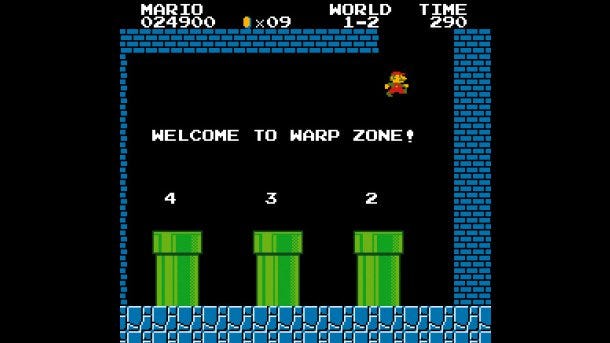
GO: I hate to keep mentioning Her Story, but I just started it today. In that game, the user interface also has this blurry boundary. You read a ReadMe file to learn how to use the system, but that’s all part of the in-game computer you interact with as part of the story.
TT: Yeah, it’s brilliant. Any computer interaction can be extrapolated into a game premise. Here it’s basically Database Search: The Game, but it’s fun and well written. To analogize with literature, there are plenty of stories whose premise comes from its formal conceit. My favorite is “Going for a Beer” by Robert Coover. He takes a simple sentence gimmick — where two things that happen at different times are written as though they’re simultaneous — and it becomes the conceit of the story. The story is, “what if your life was composed of moments with endings and beginnings but no middles?”
GO: Form matching content. That happens in all types of art, right? There was a piece on Hamilton which pointed out that, as the first half progresses, the Marquis de Lafayette’s rhymes get denser and faster, coinciding with him being in America and increasingly speaking English. The music reflects the plot.
TT: Form generating content, I would say. It’s a classical idea. Sometimes it’s done very explicitly, like with Oulipo. It can be super corny, but it’s a dependable source of inspiration.
It’s Tristram Shandy-levels of batshit.
GO: Going back to your idea for a game-writing website, were you imagining a place that just collected the kind of long-form writing you want to see, or were you also imagining a community that would be built around it?
TT: I am not too concerned with building community. The idea was simply to get critical essays on games — not fiction, poetry, reviews, or personal essays, but literary analysis. Like the essay I’m working on about the Metal Gear Solid series… So many of the male characters lose their hands and are sterile and have daddy issues and misinterpret the will of one female character, The Boss. Aside from the glaring Freudian overtones, what’s that about? This is not stuff that figures into the plot as it plays out, but is something that I think screams out for conversation.
GO: I was a Nintendo kid and then jumped to PC gaming, so I never got into the Metal Gear games.
TT: It’s like the Infinite Jest of games. As far as I know, it’s the longest continuous scripted narrative in games. You can make a strained case for things like Zelda or Metroid, but this is the most sustained vision from an auteurist figure, Hideo Kojima, and it’s just bonkers. It’s Tristram Shandy-levels of batshit.
GO: Well, that sells it. I now have to ask the big, speculative question, since you just called it the Infinite Jest of games. What do you think David Foster Wallace’s writing would have been like, had he been obsessed with video games rather than television?
TT: This question is so enormously counterfactual it might as well be a novel. The guy was hugely tech-avoidant. He typed with one finger on an old computer. But games seem very contiguous with his concerns in Infinite Jest. Though who’s to say Virginia Woolf wouldn’t have also gotten equally invested in games? Wallace is a gimme because of the technological overlap, but to me the more interesting speculative question is, What would a game written by P.G. Wodehouse be like? I want to see an essay on that.
How to Have Fun Destroying Yourself: An Interview with Tony Tulathimutte, Author of Private Citizens






